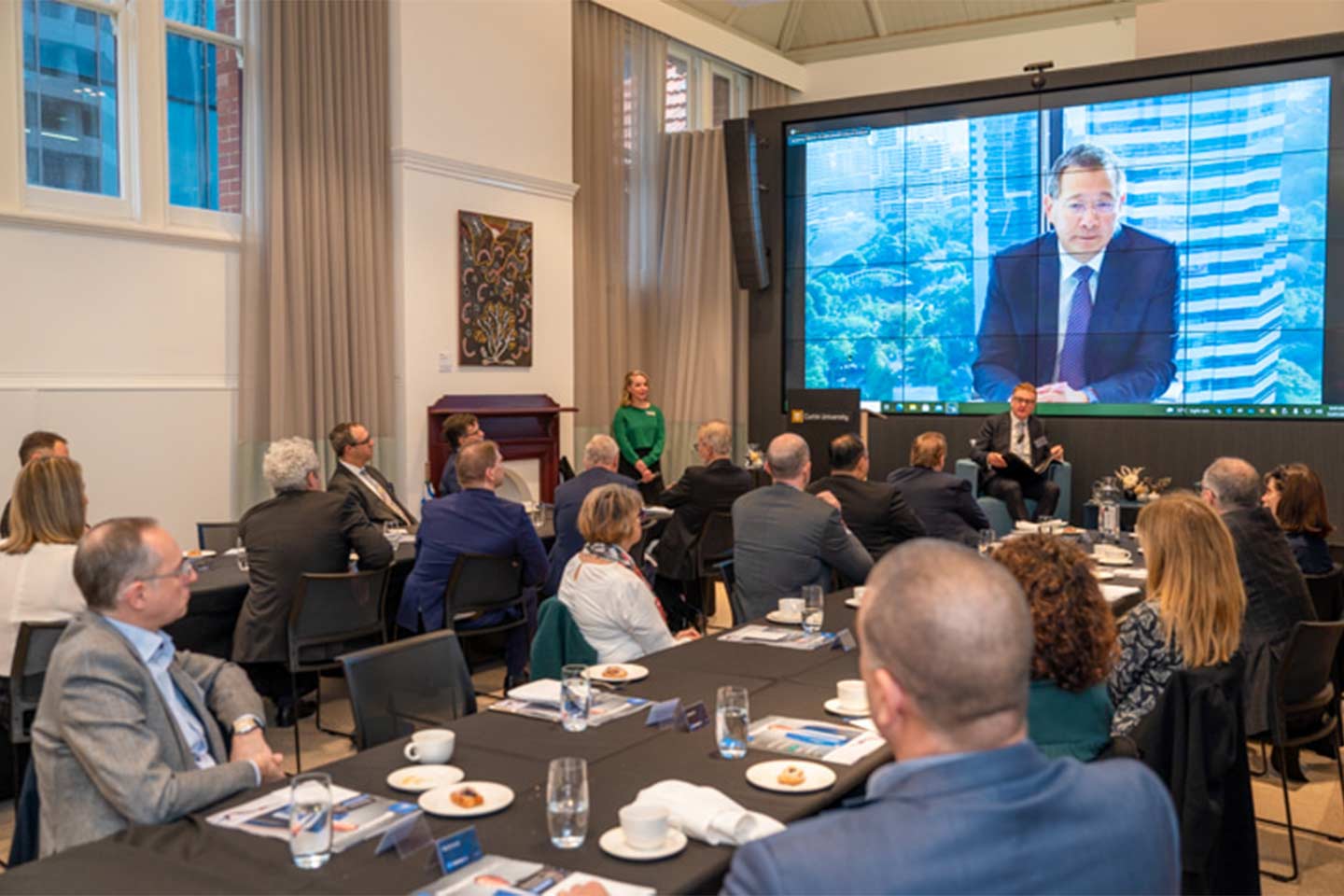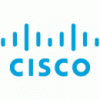

The Singapore based Cisco Chairman Dr Irving Tan says he clearly remembers the Friday afternoon, about 18 months ago, when his CEO Chuck Robbins called, asking if he could have the company’s entire workforce of 140,000 employees and contractors across 156 countries, working from home by Monday.
He says after talking to his teams he called Mr Robbins back and confirmedhe could.“We made that decision within half an hour,” he explains.
“We committed to it for the health and safety of everybody; employees and our partners. Everybody from Monday was working from home and we enabled that because that was our purpose; to be able to provide safety and security but to be able to continue to connect everybody securely as well."
“We also prioritised, in a very supply strained environment, shipment to critical infrastructure; healthcare, homeland security, governments and financial services so that the economy could continue to operate effectively, and key services would continue to be delivered at the expense of financial performance…"
“…we had to make decisions to prioritise what we felt would help society and help countries continue to operate and deliver their services in the face of what was a very unknown enemy at that time."
“We also did a lot in terms of helping by donating whether cash or PPE, equipment for healthcare and supporting front line workers and many social justice causes in that period.”
Mr Tan was speaking at a Perth breakfast gathering over Cisco Webex from Singapore, discussing major trends shaping technology and their impacts on business and governments.
He was introduced as keynote speaker by Curtin Deputy Vice Chancellor, Professor Chris Moran who said Curtin had no stronger relationship than with Cisco. They have been working closely for nearly 20 years, transforming what was initially a vendor relationship into a full-on university-wide and company-wide relationship.
He described Dr Tan, who has an honorary doctorate in engineering from Curtin University, as a remarkable person.
Prof Moran went on to describe how his colleague was Cisco’s Chief of Operations when the pandemic hit and therefore well placed to give insight into how a company that connects the world continued, despite the fact it had become ‘disconnected at a human level’.
Dr Tan described the last 15 months as a period of unprecedented disruption, impacting every facet of society, straining established systems like health and education and in theprivate sector unbalancing business models, services and supply chains.
He told how Cisco dealt with the forced changes and provided leadership during disrupted times. He elaborated on the crucial role off technology during the pandemic, on the need for better cyber security and the importance of people and culture.
Cisco, he says, was in the unique position of stress-testing its strategies within its own business before enabling its customers to connect securely, on a large scale and to work seamlessly with a more distributed work force.
Dr Tan detailed the lessons he took from the experience; the need for purpose driven leadership that balanced the priorities and needs of stakeholders - employees, investors and customers. He spoke of the need for agile leadership unafraid of breaking with convention, with the ability to adapt to changing circumstances quickly and to cut through the organisational hierarchy. It needed to be decisive too, in the face of imperfect data.
Finally, one of the key learnings Cisco took from the experience was the transformative power of digitalisation in a global economy to enable organisations, businesses and institutions like governments could continue to work.
Dr Tan says digital transformation will only accelerate in the future, predicting businesses that fall back to the old ways will struggle and those that embrace the changes forced on them and accelerate will thrive.
“COVID proved that if you didn’t transform digitally and provide additional capability you would just not be able to survive,” he says.
“The fusion of the physical and the virtual is going to be key in real estate, financial services and government services.
“The hybrid world is where we are going to continue to operate in the foreseeable future, even post-COVID. One of the challenges there is to ensure the physical and virtual interact seamlessly and each has an equal voice.”
As a result, the role of the traditional office will change. It will no longer be a place where workers go between 9am and 5pm because the bulk of their work will be done at home. Rather, the office will be a space for them to gather to collaborate and innovate while still playing a critical role in bring together people to network and help build strong organisational culture.
Dr Tan concluded by warning that ‘the bad guys haven’t taken the day off’ and increased digitalisation necessitated better cyber security.
“The mindset has to change beyond the traditional one of ‘I’ll build a moat around my empire to protect it’,” he says.
“The reality is the bad guys will get in - they will get over the moat. The trick is how will you know there has been a breach - how do you find it and how do you isolate the cyber-attack you are facing.”
Dr Tan says Cisco’s response was driven by a sense of purpose, despite the fact there was no real clarity to the predicament in those initial phases of the COVID-19 outbreak.
“We did what was right for shareholders, employees, partners, customers and communities and I’m sure all of you in the room."








